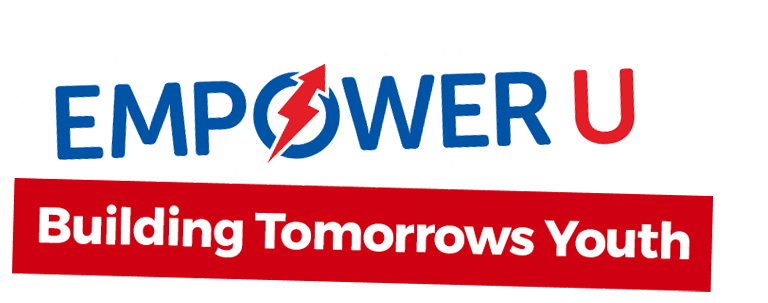Undoubtedly, failing is not a very pleasurable experience. More often than not, it leaves us feeling uncomfortable and discouraged, and is oftentimes the force that holds us back when presented with an opportunity that entails trying something new and unfamiliar. Consequently, it stands in the way of our growth and success.
So how do we keep this from happening? How do we not let the fear of failure keep us from going for the very things that may help us grow?
We must learn to understand the importance of shifting our beliefs about failure.
In reality, it is the most successful people who have failed countless times, and they are able to do so because they do not see it as something to avoid, but rather an avenue to maximise their growth. Michael Jordan, considered one of the greatest basketball players of all time, once said,
“I’ve missed more than 9000 shots in my career. I’ve lost more than 300 games. 26 times, I’ve been trusted to take the game winning shot and missed. I’ve failed over and over and over again in my life. And that is why I succeeded.” – Michael Jordan
As someone who is often in the spotlight, well aware of the importance of each shot he takes, the thought of failing to deliver and disappointing his team and a multitude of fans must be overwhelming – but he recognised how his very failures served as the stepping stones to his extremely successful basketball career.
Truly, it is when we do not give up that we develop resiliency, as it is when we fail that we are able to truly learn. In Michael Jordan’s case, the shots he missed allowed him to come up with better techniques and strategies so as to improve. And we can learn from this that it is through taking our failures, utilising them to learn — gaining a wider perspective, actively asking questions, and continuously making an effort to improve that we are able to maximise the growth opportunities from our setbacks.
Here’s a short clip from my recent Empower U Program where I talk about failure and how if we really look at it, there really is only one failure in life.
For more information about The Empower U Program download our latest Program Guide or give us a call on 1300 039 662.

Brent is the founder and a key presenter of Empower U, a program aimed at motivating and teaching life skills to teenagers and young adults. His work primarily focuses on empowering today’s youth to gain the skills and motivation they need to succeed in a rapidly changing world. Brent’s approach integrates personal development with practical life skills, aiming to help young individuals leap ahead of their peers.

 Empower U
Empower U Empower U
Empower U